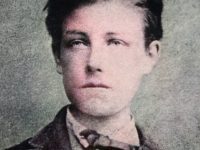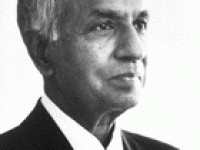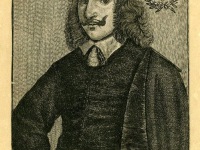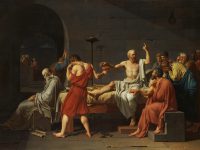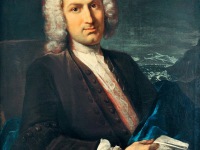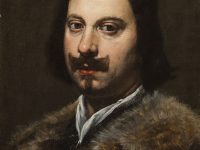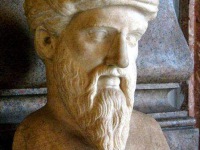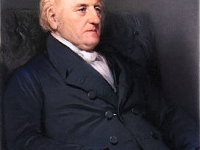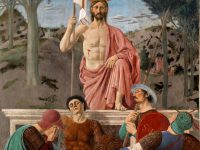Samuel Alderson and the Crash Test Dummies
On October 21, 1914, US-american engineer Samuel W. Alderson was born. He is best known for his development of the crash test dummy, a device that, during the last half of the twentieth century, was widely used by automobile manufacturers to test the reliability of automobile seat belts and other safety protocols. Samuel Alderson Education Samuel W. Alderson attended several colleges including Reed College, California Institute of Technology, and the University of…
Read more


